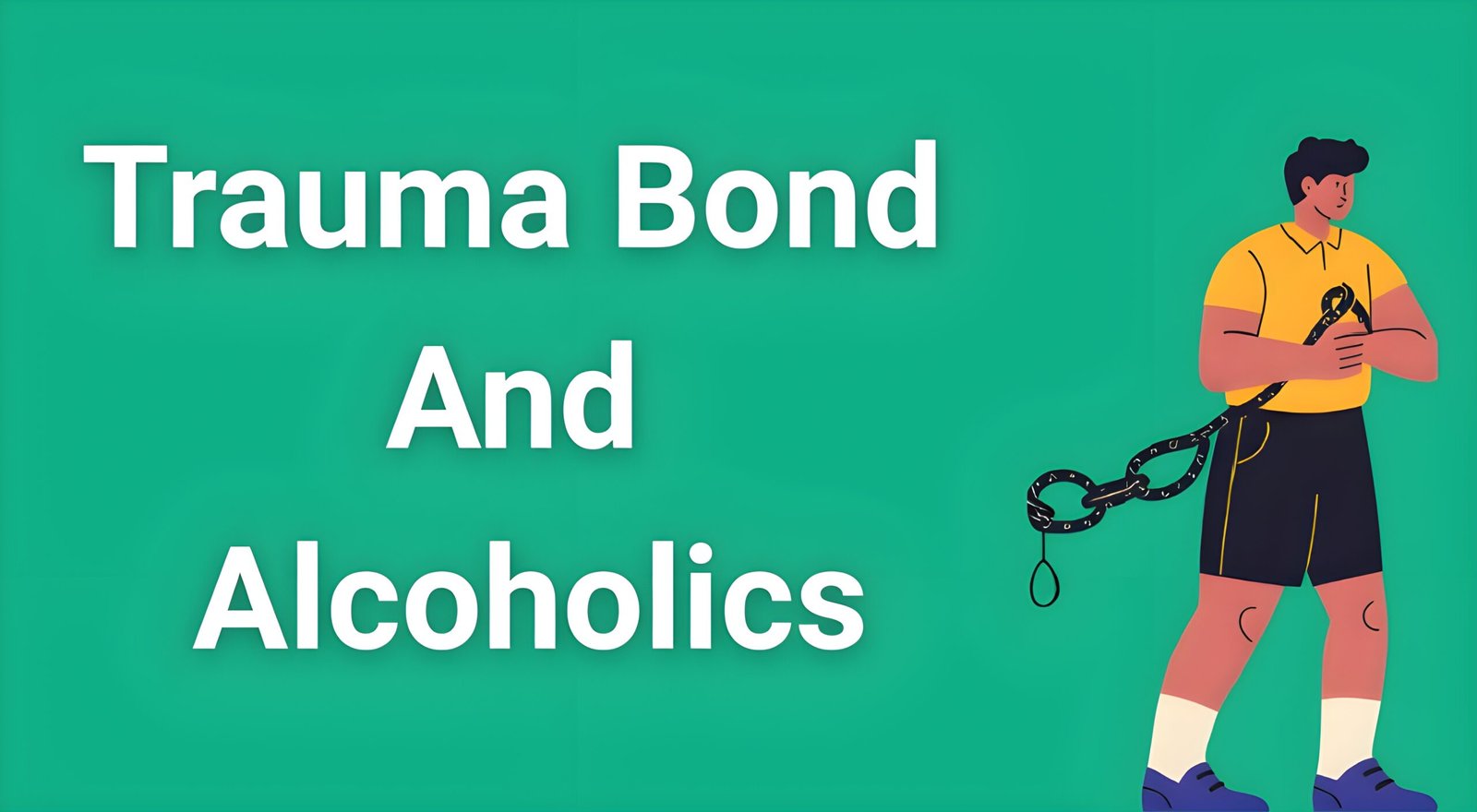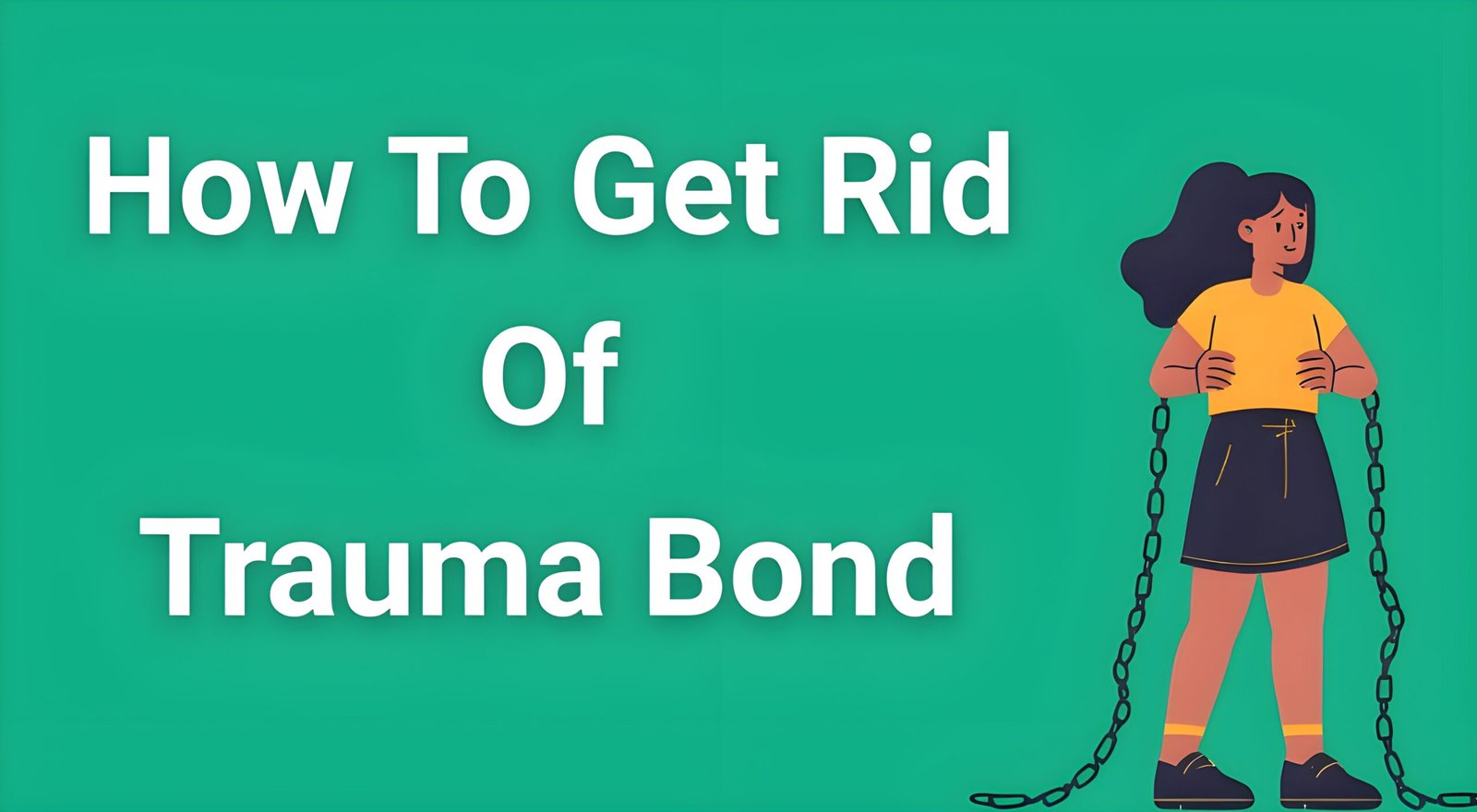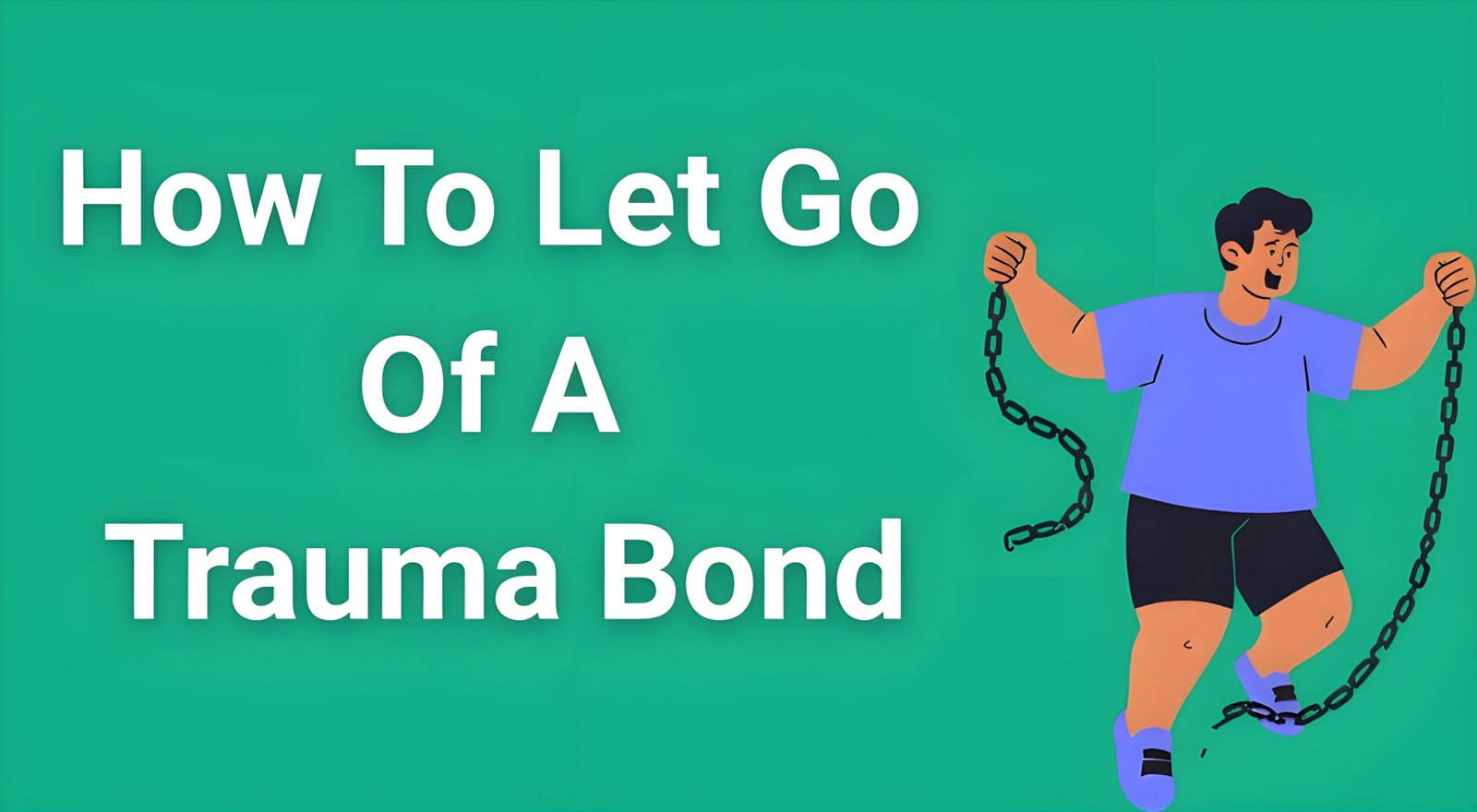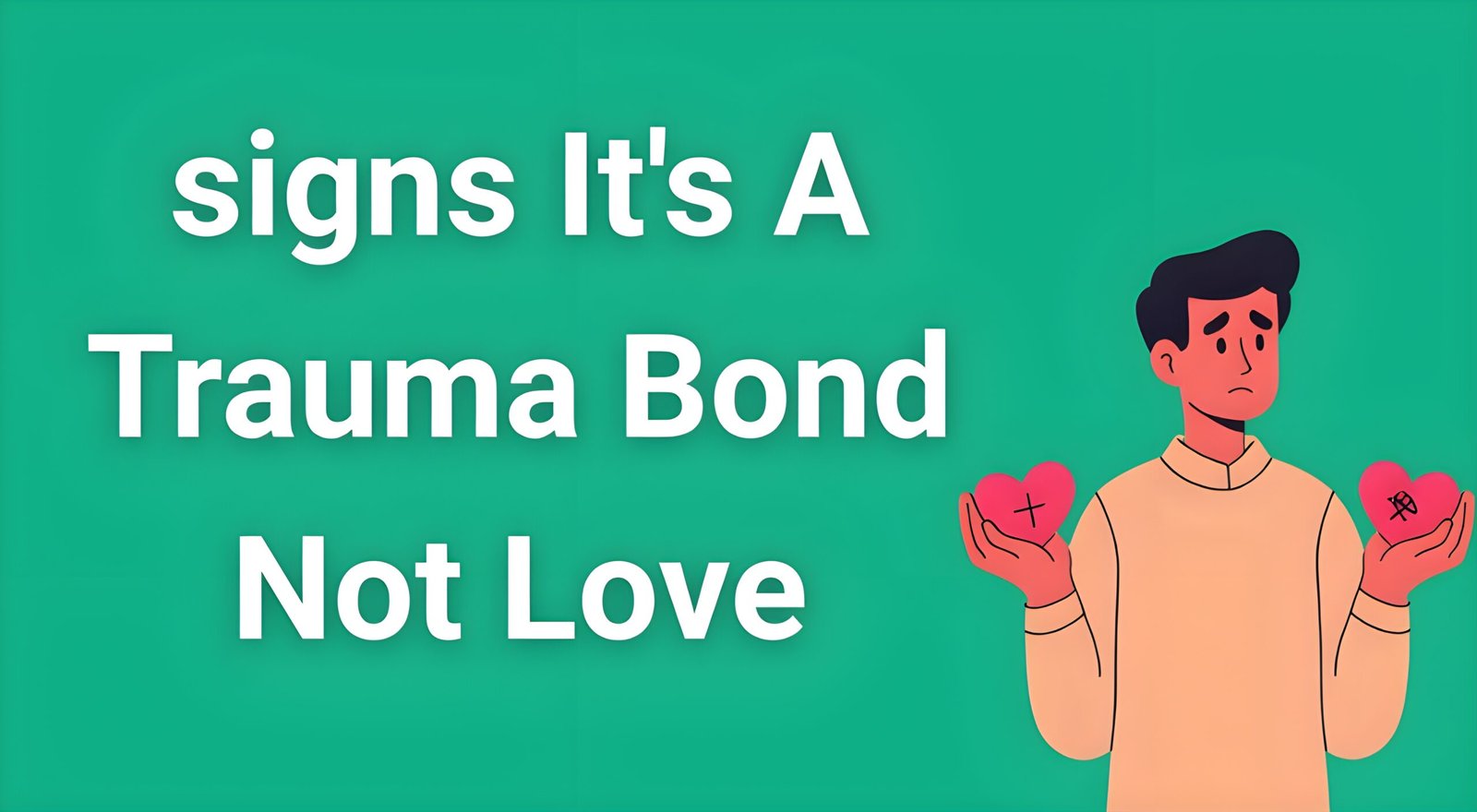Do you find yourself unable to walk away from an alcoholic partner despite the constant chaos, broken promises, and emotional devastation? You’re not going crazy, and you’re certainly not weak. What you’re experiencing is a powerful psychological phenomenon known as a trauma bond and alcoholics create the perfect storm for these unbreakable emotional chains.
- What Creates a Trauma Bond and Alcoholics Dynamic?
- 7 Warning Signs You’re Trauma Bonded to an Alcoholic
- The Science Behind Why You Can’t “Just Leave”
- Breaking Free: The Path Beyond Trauma Bonds and Alcoholics
- When You Can’t Leave Yet: Protecting Yourself in Place
- The Recovery Journey: Reclaiming Your Life
- Long-Term Recovery and Prevention
- Supporting Others: When Someone You Love is Trauma Bonded
- Frequently Asked Questions About Trauma Bonds and Alcoholics
The connection between trauma bonding and alcoholic relationships goes far deeper than simple love or loyalty. It’s a neurological addiction that hijacks your brain’s reward system, making leaving feel as impossible as stopping breathing. Understanding this science can finally set you free from the confusion and self-blame that keeps you trapped.
What Creates a Trauma Bond and Alcoholics Dynamic?
A trauma bond is an intense emotional attachment formed through cycles of abuse and intermittent reinforcement. When combined with alcoholism, this creates a uniquely devastating pattern that feels like love but functions like addiction.
The alcoholic partner alternates between periods of intoxication-fueled abuse and sober moments of remorse, creating a psychological rollercoaster that literally rewires your brain. During the abuse phase, your body floods with stress hormones like cortisol and adrenaline. Then, during the brief “honeymoon” periods of apologies and promises, your brain releases dopamine, oxytocin, and serotonin—the same chemicals involved in falling in love.
This biochemical cocktail creates what researchers call “intermittent reinforcement,” the most powerful conditioning mechanism known to psychology. It’s the same principle that makes gambling addictive, except the stakes are your emotional wellbeing and sometimes your physical safety.
The Neurological Prison of Alcoholic Relationships
Recent neuroscience research reveals that trauma bonds with alcoholics actually change your brain structure. The constant stress from unpredictable behavior patterns creates hypervigilance, where your nervous system remains in a perpetual state of alert. Your brain becomes addicted to the intense highs and lows, making normal, stable relationships feel boring or “wrong.”
Dr. Patrick Carnes, who first identified trauma bonding, found that victims develop a tolerance for chaos that makes peace feel uncomfortable. This explains why many people in relationships with alcoholics unconsciously sabotage healthier connections—their brains have been conditioned to equate intensity with love.
7 Warning Signs You’re Trauma Bonded to an Alcoholic
Recognizing trauma bonding in alcoholic relationships can be challenging because the symptoms often masquerade as devotion or loyalty. Here are the key indicators that you’ve developed an unhealthy attachment:
1. You Make Excuses for Their Drinking Behavior
You find yourself constantly explaining away their actions to friends and family. “They only drink because of work stress,” or “They’re not usually like this when sober” become your default responses. This isn’t compassion—it’s trauma bonding making you protective of your abuser.
2. You Feel Responsible for Their Sobriety
Trauma bonded partners often believe they can love someone into sobriety. You might hide alcohol, monitor their activities, or feel guilty when they drink, as if their addiction is somehow your fault or failure.
3. You Can’t Imagine Life Without Them
Despite the pain they cause, the thought of leaving creates panic. This isn’t true love—it’s psychological dependence created by trauma bonding. Your brain has been conditioned to believe you need this person to survive.
4. You Experience Physical Withdrawal When Apart
Just like drug withdrawal, being away from a trauma bonded partner creates real physical symptoms: anxiety, nausea, insomnia, and an obsessive need to contact them. These symptoms drive you back into the toxic cycle.
5. You Constantly Walk on Eggshells
You’ve become hypervigilant about their moods, especially around drinking. You modify your behavior, avoid certain topics, and live in constant fear of triggering their anger or another drinking episode.
6. Their Rare Sober Moments Feel Like Pure Bliss
The brief periods when they’re sober, apologetic, and loving feel intensely euphoric. These moments keep you hooked because they remind you of who you fell in love with, making you believe change is possible.
7. You Isolate from People Who Express Concern
Friends and family who point out the dysfunction become “enemies” in your mind. Trauma bonding creates a protective barrier around the relationship, making you choose the alcoholic over your support system.
The Science Behind Why You Can’t “Just Leave”
Understanding the neuroscience of trauma bonds with alcoholics can help you stop blaming yourself for staying. Your brain has been hijacked by powerful chemical processes that override logical thinking.
Dopamine and the Addiction to Chaos
Every time your alcoholic partner shows affection after a period of abuse, your brain releases dopamine—the same neurotransmitter involved in cocaine addiction. This creates a literal addiction to the relationship’s chaos, making stability feel uncomfortable or boring.
Research by Dr. Helen Fisher shows that when dopamine pathways are activated intermittently (as in trauma bonding), they become more powerful than consistent reinforcement. This explains why trauma bonded individuals often leave stable partners to return to their abuser.
Oxytocin Bonding During Crisis
Oxytocin, known as the “bonding hormone,” releases during times of stress and vulnerability. When your alcoholic partner comforts you after their own abusive behavior, oxytocin floods your system, creating intense feelings of connection and forgiveness.
This biological response evolved to help mothers bond with children during difficult times, but trauma bonding hijacks this system, making you bond with the source of your trauma.
Cortisol and Learned Helplessness
Chronic stress from living with an alcoholic keeps cortisol levels elevated, which impairs decision-making and creates learned helplessness. Your brain literally becomes less capable of seeing escape routes or believing change is possible.
Breaking Free: The Path Beyond Trauma Bonds and Alcoholics
Recovery from trauma bonding with an alcoholic requires more than willpower—it requires rewiring your brain’s reward system and healing from complex trauma. Here’s how to begin:
Understanding Your Nervous System
The first step is recognizing that your attachment isn’t love—it’s a trauma response. Your nervous system has been conditioned to equate chaos with safety and intensity with connection. This awareness alone can begin to break the spell.
Many people discover that seeking a professional narcissistic abuse clarity report helps them understand the full scope of their situation. Getting an expert analysis of your specific relationship dynamics can provide the validation and understanding needed to begin healing.
Gradual Nervous System Regulation
Breaking trauma bonds requires slowly retraining your nervous system to tolerate peace and stability. This might involve:
- Mindfulness practices that help you recognize when you’re in a trauma response
- Somatic experiencing to release trapped trauma energy from your body
- Grounding techniques that bring you back to the present moment when triggered
Professional trauma bond recovery workbooks provide day-by-day guidance for rewiring your brain’s response patterns. These structured approaches are essential because willpower alone cannot overcome neurological conditioning.
Building Distress Tolerance
One reason people return to trauma bonded relationships is that they can’t tolerate the emotional pain of withdrawal. Building distress tolerance skills helps you sit with uncomfortable emotions without acting on them.
This includes learning to distinguish between emotional urgency (which feels life-threatening) and actual danger. Trauma bonding makes every feeling feel like a crisis, but recovery teaches you that emotions, no matter how intense, are temporary.
Addressing the Underlying Trauma
Trauma bonds often develop because of earlier attachment wounds, usually from childhood. If you grew up in a chaotic household or experienced neglect or abuse, your nervous system may have learned to associate instability with familiarity.
Healing these deeper wounds is crucial for preventing future trauma bonds. This work often requires professional support, as childhood trauma creates complex patterns that are difficult to unravel alone.
When You Can’t Leave Yet: Protecting Yourself in Place
Sometimes leaving immediately isn’t possible due to financial constraints, children, or safety concerns. If you’re in this situation, there are ways to begin healing even while still in the relationship.
Creating Internal Boundaries
Even when you can’t create physical distance, you can begin creating emotional boundaries. This means:
- Stopping the rescue attempts when they’re drinking or hung over
- Refusing to engage in alcohol-fueled arguments or dramatic episodes
- Maintaining connections with friends and family, even if your partner disapproves
For those unable to leave immediately, resources like “How to Survive When You Can’t Leave Yet” provide crucial strategies for maintaining your sanity and safety while planning your eventual escape.
Documenting the Reality
Trauma bonding creates “abuse amnesia,” where you forget or minimize the severity of incidents. Keeping a private journal of events helps maintain clarity about the reality of your situation.
Record not just physical incidents but emotional abuse, broken promises, and the impact on your mental health. This documentation becomes invaluable when trauma bonding tries to convince you that “it wasn’t that bad.”
Building Your Exit Strategy
Every moment you spend in a trauma bonded relationship with an alcoholic is a moment stolen from your life. Begin planning your escape, even if it takes months or years to execute:
- Financial independence: Open a separate bank account and gradually save money
- Support network: Reconnect with friends and family who can provide emotional support
- Legal protection: Understand your rights regarding property, children, and safety
- Professional support: Connect with therapists who understand trauma bonding
The Recovery Journey: Reclaiming Your Life
Breaking free from trauma bonds with alcoholics isn’t just about leaving—it’s about rebuilding your entire sense of self. The person you were before the relationship may feel like a stranger, but recovery allows you to rediscover and reclaim your authentic identity.
Grieving the Fantasy Relationship
One of the hardest parts of trauma bond recovery is grieving the person you thought your partner could become. The alcoholic you fell in love with during their sober moments isn’t fake, but they’re also not who this person actually is most of the time.
This grief is complicated because you’re simultaneously mourning someone who’s still alive and someone who hurt you deeply. Allow yourself to feel this complexity without judgment.
Rebuilding Your Identity
Trauma bonding causes identity erosion, where you lose touch with your own needs, preferences, and values. Recovery involves rediscovering who you are outside of this toxic dynamic.
Start small: What foods do you actually enjoy? What activities bring you peace? What are your values and boundaries? These may feel like strange questions if you’ve spent years adapting to someone else’s chaos.
Creating New Neural Pathways
Just as trauma bonding created unhealthy neural pathways, recovery requires building new, healthier ones. This means:
- Practicing self-compassion instead of self-criticism
- Seeking stable, consistent relationships even when they feel “boring”
- Learning to self-soothe instead of seeking external validation
- Developing distress tolerance for normal relationship challenges
Long-Term Recovery and Prevention
Recovery from trauma bonding with an alcoholic is possible, but it requires ongoing attention and self-awareness. The patterns that made you susceptible to trauma bonding may resurface in future relationships if left unaddressed.
Red Flags to Watch For
Once you understand trauma bonding, you’ll be better equipped to recognize the early warning signs in future relationships:
- Love bombing: Excessive attention and affection early in the relationship
- Intermittent reinforcement: Alternating between wonderful and terrible treatment
- Isolation attempts: Subtle pressure to distance yourself from friends and family
- Substance abuse: Any level of problematic drinking or drug use
Building Healthy Attachment Patterns
Recovery involves learning what healthy love actually feels like. For trauma bonded individuals, healthy relationships may initially feel:
- Too stable or “boring”
- Too predictable without enough drama
- Too respectful of your boundaries
- Too balanced in give and take
These feelings are normal but temporary. As your nervous system heals, you’ll begin to appreciate consistency, respect, and genuine care.
Supporting Others: When Someone You Love is Trauma Bonded
If someone you care about is trapped in trauma bonds with an alcoholic, your support can be crucial—but it must be offered carefully. Well-meaning attempts to “save” someone often backfire and push them deeper into the trauma bond.
What Helps
- Non-judgmental listening without trying to fix or convince
- Maintaining consistent connection even when they push you away
- Providing information about trauma bonding without pressuring them to use it
- Supporting their autonomy rather than trying to control their choices
What Doesn’t Help
- Ultimatums about the relationship (these often backfire)
- Criticizing their partner (this triggers defensiveness)
- Trying to rescue them (this recreates codependent patterns)
- Getting frustrated with their “inability to see the truth”
Remember that leaving a trauma bonded relationship with an alcoholic is a process, not a single decision. Your loved one may leave and return multiple times before achieving final freedom.
Frequently Asked Questions About Trauma Bonds and Alcoholics
Can an alcoholic change if I love them enough?
No. Alcoholism is a disease that requires professional treatment and personal commitment to recovery. Love alone cannot cure addiction, and believing it can keeps you trapped in trauma bonding patterns.
Is it normal to miss them even after they’ve hurt me?
Absolutely. Missing your abuser is a normal part of trauma bonding, not a sign that you should return. These feelings will fade as your nervous system heals and you build healthier connections.
How long does it take to recover from trauma bonding?
Recovery is individual and depends on factors like the length of the relationship, severity of abuse, and your own trauma history. Most people notice significant improvement within 6-12 months of focused recovery work, but deeper healing continues for years.
Can trauma bonding happen with someone who’s in recovery?
Yes. If someone’s alcoholism created trauma bonds, those patterns can persist even during sobriety unless specifically addressed. Both partners need individual therapy to break trauma bonding cycles.
What if we have children together?
Having children with an alcoholic complicates leaving but doesn’t make recovery impossible. Children need to see healthy relationship models, and staying in a trauma bonded relationship teaches them that chaos and dysfunction are normal.
Trauma bonds with alcoholics represent one of the most challenging relationship dynamics to escape, but recovery is absolutely possible. Understanding the science behind your attachment removes the shame and self-blame that keeps you stuck. With proper support, professional guidance, and commitment to your healing journey, you can break free from these neurological chains and reclaim your life.
Your attachment to an alcoholic partner isn’t weakness—it’s a trauma response that can be healed. The first step is recognizing that what you’re experiencing has a name, a cause, and most importantly, a solution. You deserve relationships based on genuine love, not trauma bonding. Your freedom is worth fighting for, and it’s closer than you think.
Remember: Breaking trauma bonds with alcoholics is a marathon, not a sprint. Be patient with yourself, seek professional support, and trust that recovery is not only possible—it’s your birthright.






